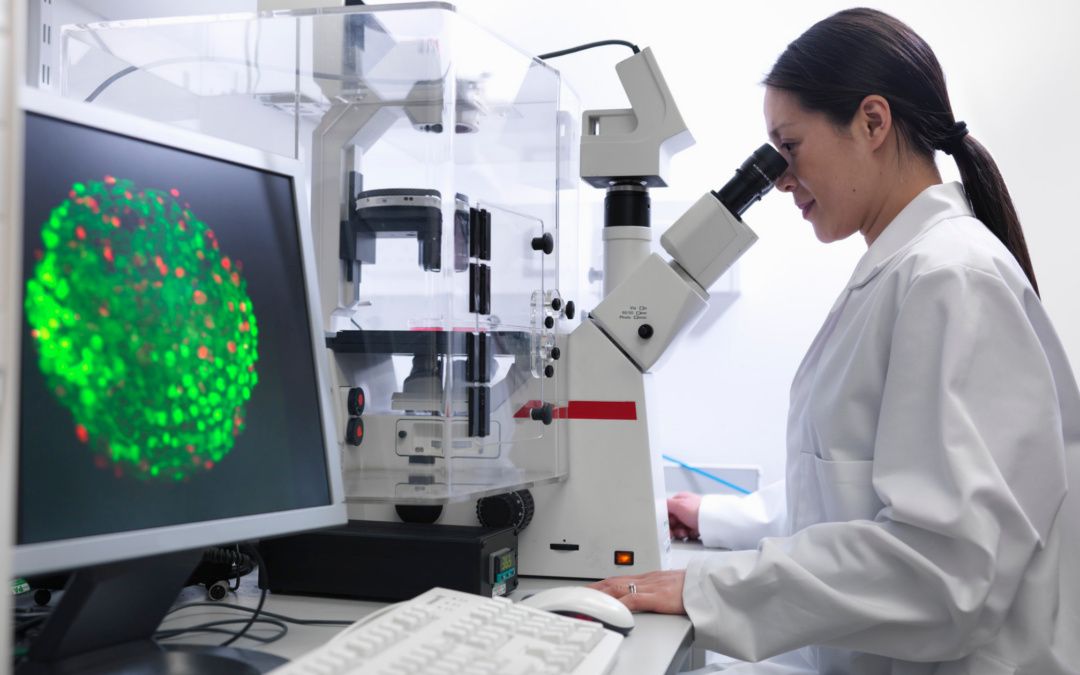Medical research advances enable physicians to find new and innovative ways to use the body’s systems to fight disease and injury.
Regenerative medicine is a field of medicine that uses the body’s own cells and tissues to heal injuries and medical conditions. In the treatment of cancer the cells are used in immunotherapy, which involves modifying patient’s cells to fight the disease. In the field of orthopedics, regenerative medicine specialists use the patient’s own blood cells, bone marrow or adipose tissue to help the body boost its own natural healing properties. These are known as orthobiologics.
At the present time, FDA allows the use of autologous orthobiologics —which means the tissue or cells used must come from the same patient. Donor products are not allowed to be used in clinical setting unless it is used under the purview of a clinical trial. Read here on the FDA guidance on the use of human cells and tissues.
Cell-based Treatments for Orthopedic Conditions
There are two types of cell-based therapies that can be used to treat orthopedic conditions:
Bone Marrow Aspiration Concentrate (BMAC): Bone marrow-derived cells are collected from the back of the pelvic bone. The marrow contains mesenchymal stem cells which have the ability to renew themselves and differentiate into bone, tendon, cartilage and muscle cells. These make them an ideal therapy for treating orthopedic injuries such as tendon tears, worn cartilage, and degenerated disc disease. BMAC also contains important therapeutic cells, growth factors and proteins that stimulate the body’s natural ability to improve circulation, decrease inflammation and heal injured tissues.
Micro-fragmented Adipose Tissue (fat) Cells: Adipose-derived cells are collected from a fat sample usually from the buttock or abdomen. There is minimal manipulation of the tissue with no enzymatic digestion or addition of other biological or pharmacological agents. Fat or adipose tissue is rich in healing cells like mesenchymal stem cells or MSCs, growth factors and other proteins that can assist in healing tissues.
Why Consider Cell-Based Therapies?
There is increasing body of clinical research that demonstrates the safety and efficacy of Cell based therapies. A recent comprehensive report 1 based on actual clinical data collected from 65 physicians at 43 clinics in 25 states revealed that seventy percent of the patients treated with adipose tissue therapy reported a meaningful reduction in pain at 12 months following treatment and sixty-one percent of the patients treated with bone marrow aspirate reported a meaningful reduction in pain at12 months following treatment.
Micro-fragmented adipose tissue or bone marrow aspirate concentrate is a non-surgical treatment option that does not involve incisions, general anesthesia, hospitalizations or lengthy rehabilitation stays. This is an outpatient procedure performed in a doctor’s clinic using only local anesthesia.
Patients considering cell-based therapies should do their research in ensuring they get the best treatment. There are several important factors that can impact the effectiveness of these treatments. These include:
- Cellular product preparation: The patient’s bone marrow or fat tissue must be processed using FDA compliant devices and protocols. It must be prepared in a safe and sterile environment by medical personnel who are trained in the proper handling of these tissues.
- Delivery: The procedure must be performed by skilled physicians who are properly trained in this field. They must be able to perform these highly specialized injection techniques using imaging guidance to ensure that the cellular products are delivered to the site of injury.
- Experience: The field of regenerative medicine is changing daily and there are a limited number of specialists around the country who have the experience and technology to perform cell-based orthopedic treatments safely and effectively. Dr. Mary A. Ambach and Dr. Chris Rogers have decades of experience in using regenerative therapies and are nationally recognized experts in this field.
1Databiologics. An Overview of Regenerative Treatments for Orthopedic Conditions. 2021 Outcomes Report.
